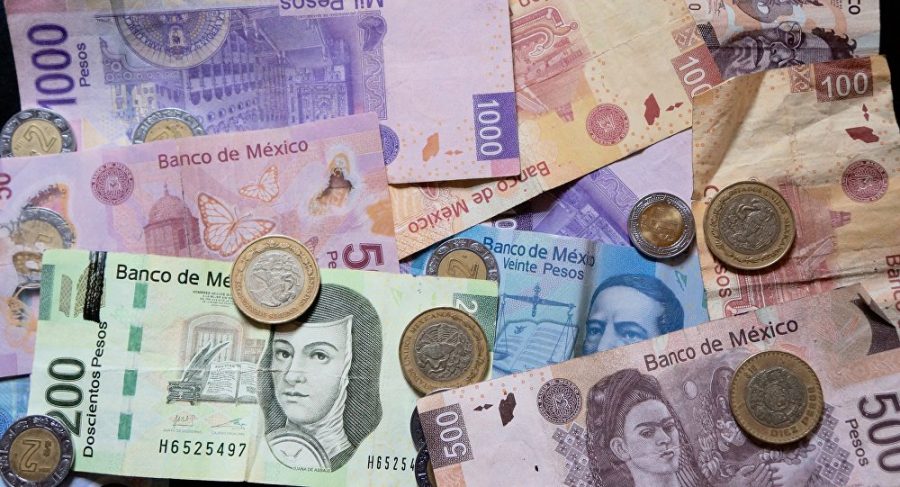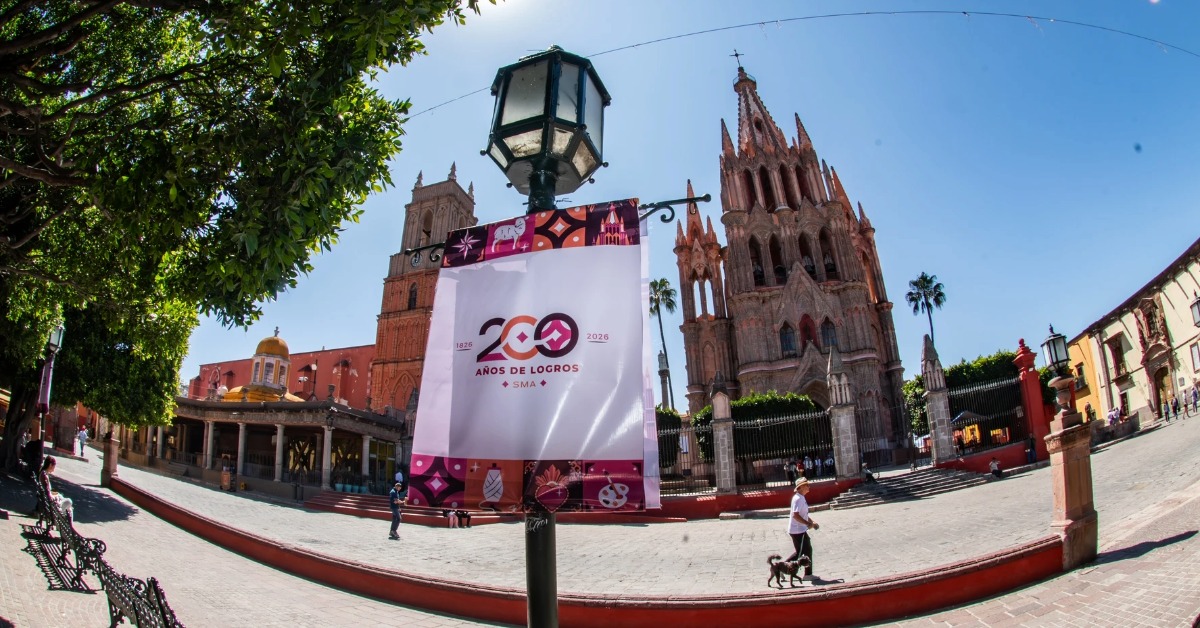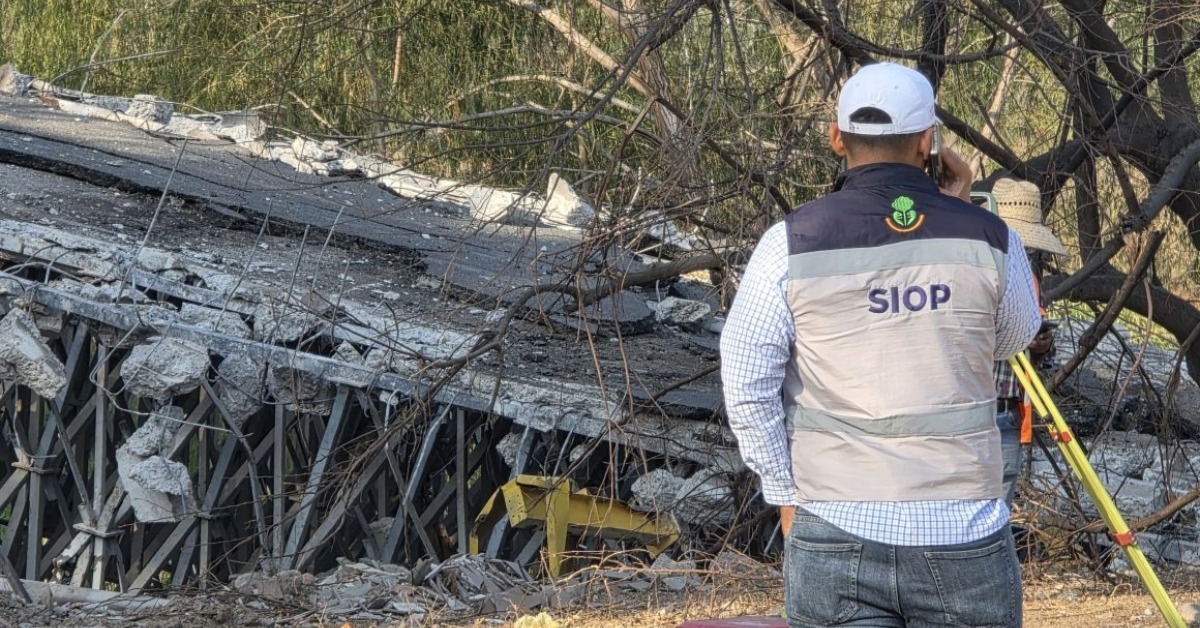International lenders active in Mexico are targeting less risky companies to maintain some exposure in a country adjusting to sweeping new policies from the newly-elected left-wing president Andrés Manuel López Obrador.
“There is still some uncertainty regarding the new public policies of the new administration, particularly those designed for economic growth. The market is still adapting to these new dynamics and ground rules,” said Jorge del Castillo, deputy country head of MUFG Mexico and head of Mexico corporate and investment banking, adding that the Japanese lender would stick to banking Mexico’s “largest companies,” such as . . .






